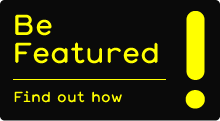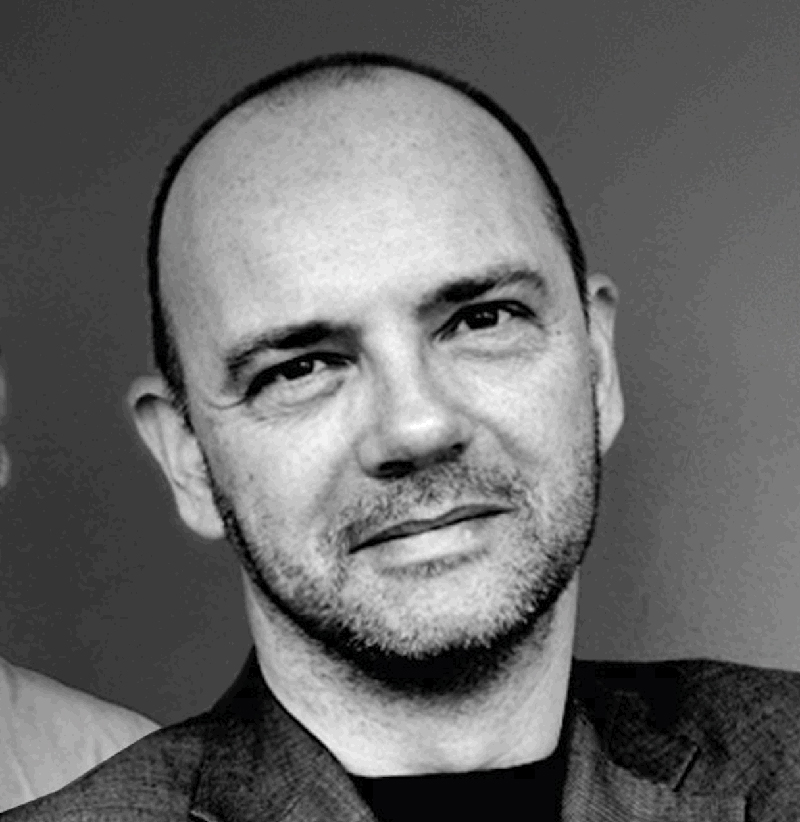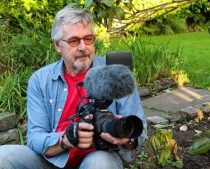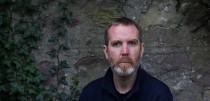Pat Kane is a musician, writer, consultant and researcher. Here he talks about his first five jobs…
1. Summer student jobs: play school attendant and train cleaner | mid-80s
The first made me realise that the expected terminus for a boy of my class and smarts – school teacher – was not going to be arrived at. No patience for weans being sick in synchrony on Wurlitzers. The second – working out of a repairs depot in Motherwell – gave me a big insight into industrial working culture: “slow down, son” being the best remembered phrase. Though after a summer of arguing about politics, it was the coolest thing when a quiet wee fitter gave me a battered copy of Bobby Seale’s Seize The Time, with the injunction to “pass it on.” And I did.
2. Musician under major record contract | 1986-1991
I exchanged labour for money, so I guess it was a job. But in all other respects, far too much fun for a young adult male (working with his brother, in their band Hue And Cry). My version of 80s excess was all realised aesthetics (rather than powdery substances). You’d loved post-punk and its ideological and musical freedoms; now, with a major record business flush with both profits from CDs and still-idealistic A&R men, you got the chance to use the actual New York jazz-and-soul sidemen that you’d only previously made po-mo ironic references to. And conduct muttered album artwork sessions with lugubrious St. Martin’s graduates, or make videos with moonlighting members of Throbbing Gristle (Peter Christopherson). Like I said, too much fun. And still having it: our last Hue And Cry album was Remote: Major to Minor in 2014, and we’ll be bringing out an all-new ballad record in 2015.
3. Freelance journalism and media | 1985-present
While waiting for a record contract in London, I started scrivening for NME as a media/TV reviewer (for my then editor Stuart Cosgrove), and for a pop-culture mag called Jamming. I parlayed my early pop-success into more writing by-lines, and ended up with a column in the Scotsman called “Citizen Kane,” which became a book called Tinsel Show: Pop, Politics, Scotland in 1992. That generated a whole range of gigs for TV and radio, including a live chat show called Nightwatch for Channel Four, and a Sony Award winning series on Radio Scotland. Two reasons I’ve been able to pursue this, through almost all major titles, magazines and broadcasters in the UK. One: my mum compelled me to endure the Scheidegger touch typing course when I was 17. This meant that when my arse got kicked out of the major music biz in 1992, I could sit down to a keyboard and rattle off scripts, texts, articles, and display an employable facility. Two: my film and television studies and literary-theory classes at Glasgow University. The ideas ingested there have enabled me to think out of any tight corner, and leap into surprising places, with both seeming to have pleased enough gatekeepers and budget holders to give me cash for content.
4. Editorial roles within The Herald, founding editor of The Sunday Herald | 1996-2000
I shifted my column back to The Herald from the Scotsman, struck up a friendship with then head of the Scottish Media Group Gus MacDonald (he employed a sociologist as his personal chef), who then gave me two pages every week in the Saturday Herald to do with as I wish. I called them ‘E2’ (for “Second Scottish Enlightenment”) and “Scotgeist” (just to annoy people) – the first a think-tank, the second a New-Yorker style cultural review. Three great outcomes from that. i) When I walked through the editorial floor of The Herald, people whistled the theme tune from “The Twilight Zone.” ii) A senior executive once said, “this isn’t journalism for the 21st century – this is journalism for the 31st century.” iii) Andrew Jaspan saw my trouble-making and asked me to be part of the founding editorial team of The Sunday Herald along with Robert Brown and Richard Walker (now the current editor). So exciting, and so traumatic, was the launch of this title over 1998-2000 for me that I forswore any regular job from that point onwards, and settled down to write The Play Ethic for Macmillan, published in 2004.
5. Speaker/researcher/consultant on play, creativity and innovation | 2000-present
Initially I launched the idea of a “play ethic” – a new mentality for productive, creative lives in the information age – in an essay in Scotland on Sunday in 1996, but amplified it in an essay for The Observer in 2000. From that point onwards, I began to be asked by organisations both commercial and public – whether advertising, tech or toy companies, or broadcasters, educators and public services – to talk to them about the power and potential of play for their organisations or occupations. Over the last ten years, The Play Ethic – now an innovation consultancy – has taken me to Australia, the US, Scandinavia, Eastern Europe. My play axioms even got onto the walls of The Museum of Modern Art in New York in 2012! My latest engagement around this topic is to be appointed the lead curator at FutureFest a two-day London event organised and funded by Nesta. My next book will try to fuse my understanding of play with our growing sense of environmental limits – it’s to be called Radical Animal.
There’s only one thing I know about “jobs,” and that’s from Confucius: “the man who finds a job he loves never works another day in his life.” That sounds right to me.
More: Website | Facebook | Twitter
//////
We’ve asked professionals in creative industries what jobs they have had in the past to get their foot through the door (or at least pay the rent). For more in the “My First 5 Jobs” series look here.















Comments